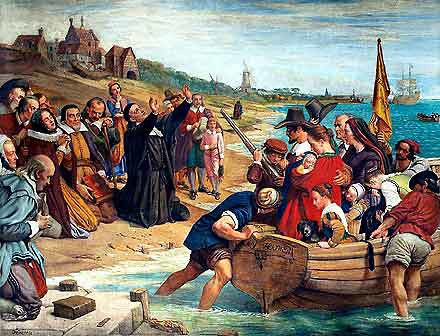More on polyamory, with speculation on the wisdom of ancestor worship and reviving the dead

On my previous polyamory post, I expressed my doubt that polyamory, whatever its merits, has any compelling connection to UUism. E. Isaacson offered the following intriguing and articulate response:
Where's the connection?
I guess we have suppressed any recollection that Mary Wollstonecraft, a member of the Rev. Richard Price’s Unitarian congregation, made waves with her 1792 tract on the Vindication of the Rights of Women, by denouncing monogamous marriage as an oppressive patriarchal institution, which she characterized as “legal prostitution.”
It seems we have suppressed as well any memory that Wollstonecraft’s lover, William Godwin, expressed remarkably similar sentiments the following year, writing in his 1793 Enquiry Concerning Political Justice that “marriage, as now understood, is a monopoly, and the worst of monopolies. So long as two human beings are forbidden, by positive institution, to follow the dictates of their own mind, prejudice will be alive and vigorous. So long as I seek, by despotic and artificial means, to maintain my possession of a woman, I am guilty of the most odious selfishness.”
It’s best to forget as well, I suppose, that Mary Wollstonecraft died shortly after giving birth to Godwin’s daughter, leaving him to raise the girl – and that their daughter in 1814 eloped with the notorious polyamorist and poet Percy Bysshe Shelley. Never mind that in 1818, as Mary Wollstonecraft Shelley, she published her own novel, which she titled Frankenstein; or The Modern Prometheus.
It’s best to forget that the government took Percy Bysshe Shelley’s children from him, reasoning that one who believes people should be free to love one another – without legal restrictions – cannot be a fit parent.
Who could think that the polyamorist Unitarian radicalism started by Mary Wollstonecraft, which attacked the very foundations of England’s patriarchal social order, might be tolerated? And who among us would fault Edmund Burke for denouncing Wollstonecraft and the Unitarian Society as “loathsome insects that might, if they were allowed, grow into giant spiders as large as oxen”?
So – let the secular world remember our Unitarian forebear Mary Wollstonecraft as the founder of modern feminism. Let the secular world praise her lover William Godwin as an influential and enlightened social philosopher. Let the secularists honor Percy Bysshe Shelley as a great romantic poet, and Mary Wollstonecraft Shelley as the author of one of western literature’s most important novels.
But ask twenty-first century UUs what these people stood for? Well, we're not really interested in the connection.
Unfortunately, E.'s comments may make a rousing oration, but as a coherent argument they are unpersuasive. I fail to see how the romantic entanglements and consequential troubles of a few famous Romantic-era muses, some of whom were coincidentally also Unitarians, would make polyamory an especially UU issue, either then or now. The Wollstonecraft-Shelleys weren't Unitarian because they were polyamorous, and they weren't polyamorous because they were Unitarian. There was no direct connection between their Unitarianism and their polyamory, and even if there had been then, E. hasn't explained why that connection would still apply today. If Mary Wollstonecraft's indictment of the social institution of marriage didn't even catch fire among the Unitarians of her own time, why should it now?
In fact, the Wollstonecraft argument sounds like one more example of the misguided UU propensity toward "ancestor worship", which I think has little if any validity as a spiritual practice or dependable means of faith formation. To me, saying UUs today today should support or practice polyamory as a social institution because Famous UU Mary Wollstonecraft once did makes no more sense that saying UUs today should support or practice slavery as a social institution because Famous UU John C. Calhoun once did. (No, I'm not saying polyamory is the moral equivalent of slavery, but I am saying that in neither case was there any obvious nexus between the religion and the arguments for the social institution.)
Wouldn't a more enduring religious lesson from these particular ancestors have to do with the fatal hubris of trying to invent a living thing in our own image by breathing new life into dead parts?





